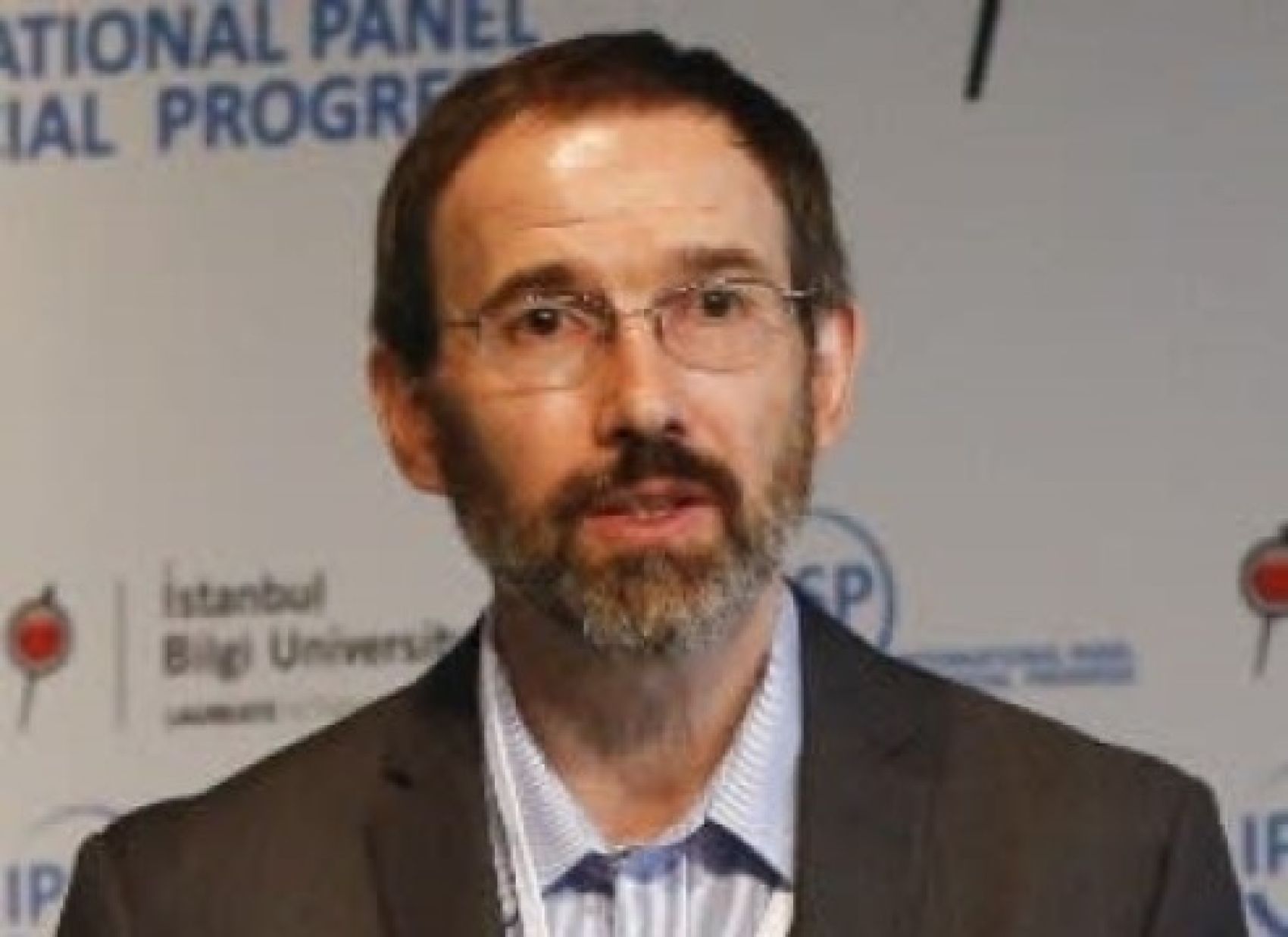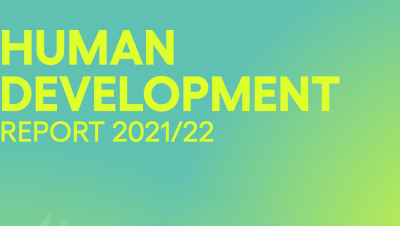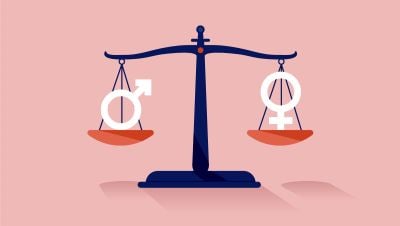This article originally appeared on Devex. Visit the Focus on: People and the Planet page for more.
When it comes to measurements in any field, if you take the wrong indicator, you can have the wrong diagnosis of a situation and therefore take the wrong action, explained Marc Fleurbaey, researcher at the French National Centre for Scientific Research and professor at the Paris School of Economics, formerly Princeton University.
As human development efforts shift to simultaneously protect the planet, the measurements used to provide an accurate picture of both may have to change, according to the United Nations Development Programme’s “Human Development Report 2020” — of which Fleurbaey was an advisory board member.
A shift could involve a new experimental index that accounts for both human development achievements as well as planetary pressures or simply adjusting the current human development index to do so.
Harmonizing and analyzing data collection across entities while increasing the length and frequency of such measurements could also help, Fleurbaey said. This will allow a situation to be seen more vividly and accurately, allowing for more timely and impactful decisions to be made, he added.
Speaking to Devex, Fleurbaey laid out why measurement of human development is crucial, how it should evolve as the challenges facing both humans and the planet change, and how organizations and governments can do a better job of measurement.
This conversation has been edited for length and clarity.
How should organizations and governments be measuring development progress?
There are three broad approaches: purely objective indicators, purely subjective indicators, and in the middle, measures that are sensitive to people’s values and preferences but with a focus on objective outcomes. My advice would be to avoid going purely subjective. Purely subjective indicators — like happiness surveys or those on satisfaction with life — give you interesting information but it’s likely to be unreliable …
Especially if you’re talking about measuring progress, you want to have something that’s reliable in the long run and subjective indicators are vulnerable to adaptation phenomena, making such indicators insufficiently sensitive to changes because people come to accept the new situation as normal.
A related issue with purely subjective indicators is that adaptation is also taking place within society at a given period of time because people adapt to their position. You can have happy poor people and miserable millionaires, so the subjective measures are likely to underestimate inequalities. In a nutshell, they would underestimate the inequalities and progress in the long run and so it's more advisable to keep an eye out, and possibly keep a key focus, on objective outcomes.
Among objective outcomes, however, one shouldn't neglect mental health. The subjective aspect of life is important, and so mental health is an important dimension among the objective dimensions.
And then if possible, try to think about how to weigh the various objective dimensions, the objective data, with the values of the population after suitably eliciting the relative priority of various domains in the eyes of the population. Then use this information on relative priorities to assess how to jointly assess progress made along various objective dimensions.
What initial first step should organizations take to measure development?
The idea of building surveys that are systematic, comprehensive, and, if possible, harmonized around the world would be an easy step. It’s not something that’s very expensive compared to other public expenditures. In particular, in order to accurately measure the accumulation of hardships in income, health, education, and other areas on the most disadvantaged, one needs to have the same survey ask respondents about all these dimensions at the same time.
Another thing that would be great would be to increase the frequency of publication of data about social issues. It's the “lamppost effect”: when you measure something, it makes it more visible, more conspicuous, and then it determines the actions that are taken. Some data comes with a very high frequency and naturally is under the spotlight. The data that comes with a much lower frequency tends to have much less weight. Unfortunately, this is the case with most data on social issues, including poverty and inequality.
Looking ahead, where do you think the world ought to be headed in terms of measuring wellbeing and development?
One idea is to try to be more comprehensive in the coverage of various dimensions of life. One aspect that is quite neglected in most surveys so far is the quality of social relations. Some people care a lot about social status and social bonding — their feeling of belonging to their community, family, or social group. Measures of these aspects are pretty poor, so this stands in striking contrast with how important those aspects are for people.
We are social animals and care a lot about our social standing, and the quality of our interactions play a central role in our personal development and flourishing, yet somehow we manage not to measure that in a focused way. Improving the measurement of the quality of social relations would be key.
The other direction of progress would be to have a better measure and assessment of the externalities that are pervasive in our economy and society. We talk a lot about pollution — especially greenhouse gas emissions — and we have tools to deal with that. Estimates of the social cost of pollution is a tool that can be used for public investment, even private investment, and can guide public policies.
It would be great to improve the measurement of other various externalities … For example, as I just mentioned, people are strongly influenced by the positive or negative reinforcement they receive from others, and this plays out not only in personal interactions but also in institutional settings such as the workplace or the government services. If we could measure these externalities, that would help not only in public decisions, but also private decisions by business firms, as it would give them an accurate picture of the influence they have on local communities and their workforce.
A third direction of possible progress has to do with biodiversity. We need to think in terms of going beyond human development. It's a conversation we've been having with the researchers of this report; human development is good but now we realize that we are just one component of a greater tree of life, the community of all living beings. It would be great to think beyond the human species and to examine the state of life on Earth and look at it as something that has intrinsic value and of which we are just a component. If we could measure things in a way that makes it vivid that we are a component of a greater collective, that would be great.
Finally, we should ideally always try to elicit the voice of the people. There have been interesting efforts to listen to the voices of the poor, especially by various national organizations. We should avoid thinking that we have the answers to people's problems by just looking at their situation from outside. We should really look at the objective situation, but also look at it in their own eyes, and respect their priorities and their values.


